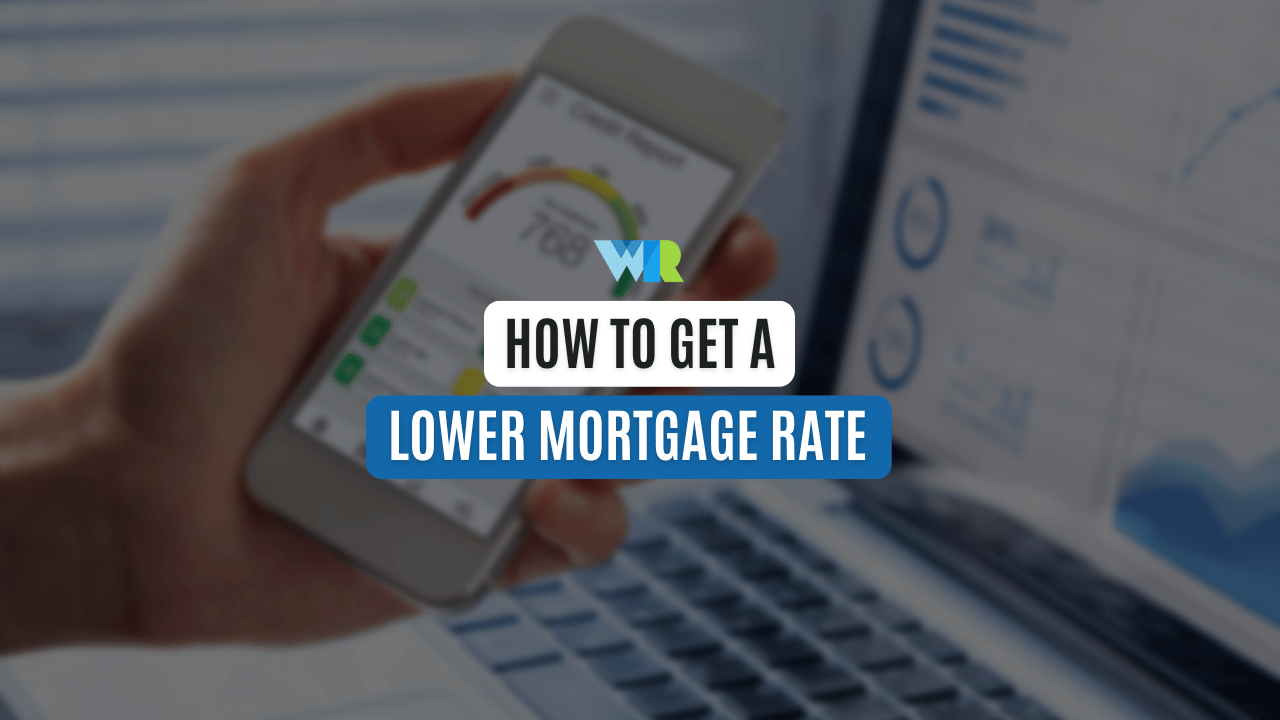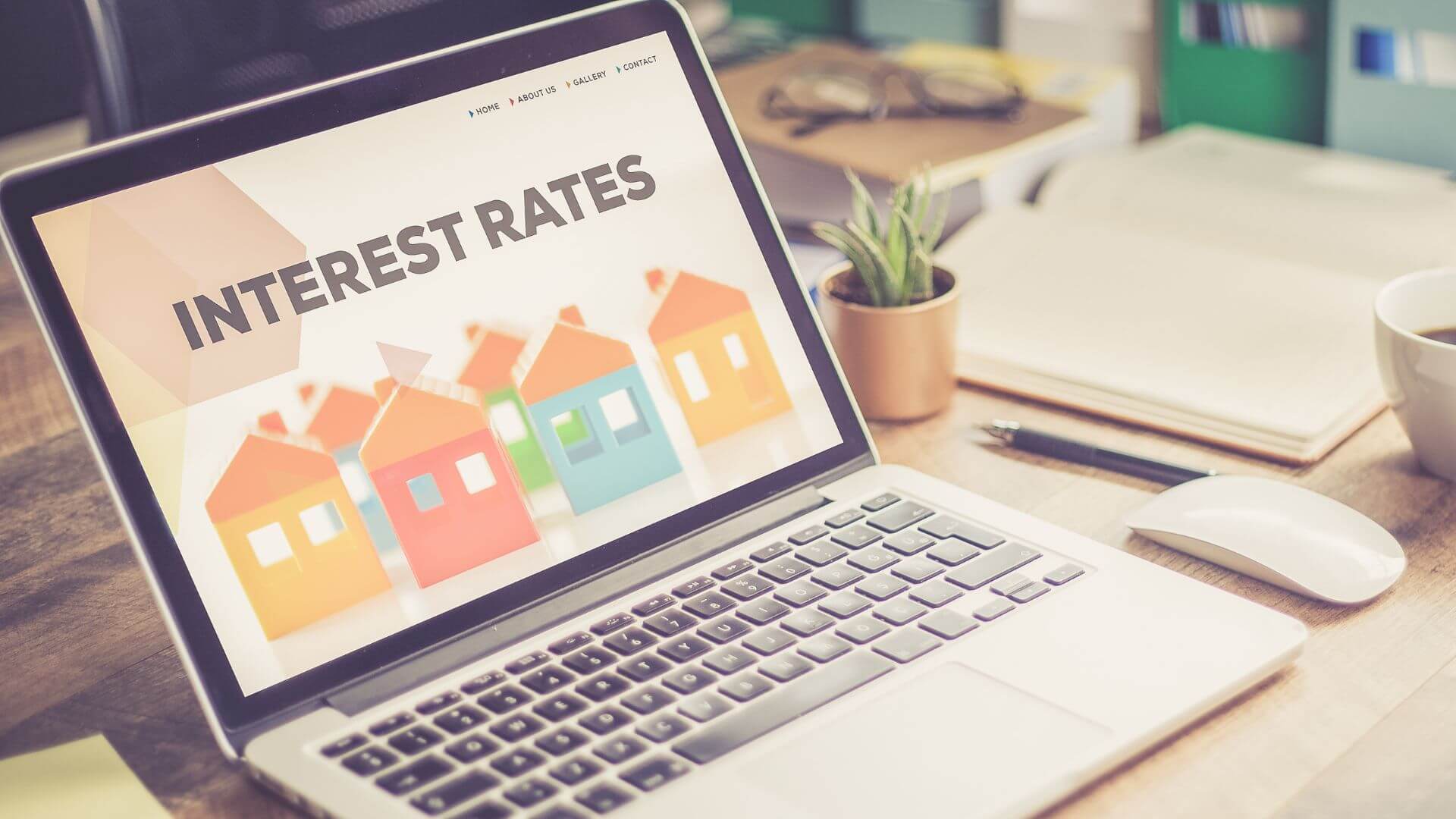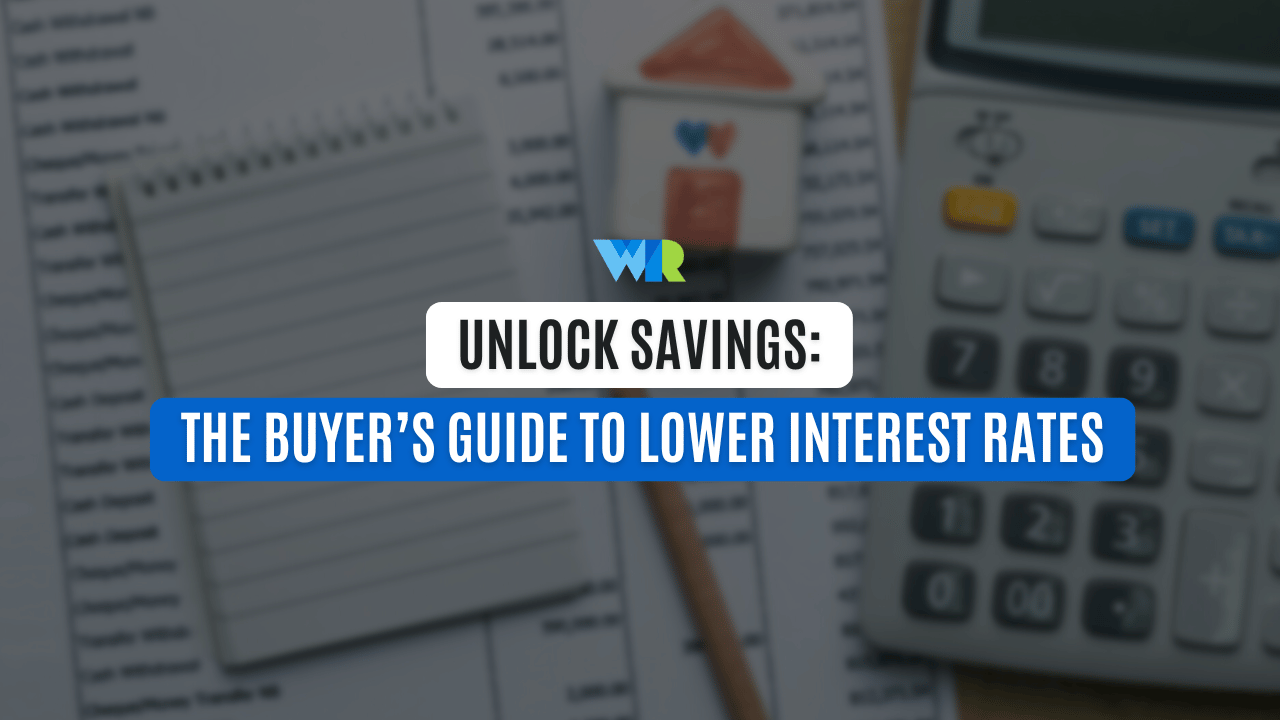How to Get a Lower Mortgage Rate

With mortgage rates at historically high levels since last year, it's crucial to find ways to secure the lowest rate possible on your home loan. If you're looking to assume an existing low-rate mortgage, click here to receive our list of available homes with assumable mortgages. Sign up now to get exclusive access.
Beyond assuming a lower rate mortgage, there are several strategies you can use to ensure you get the very best deal in today's market. This comprehensive guide will walk you through everything you need to know about locking in a lower rate and maximizing savings.
Introduction
When getting a mortgage, locking in the lowest possible interest rate should be one of your top priorities. Even small differences in mortgage rates can have huge impacts on your total costs over 10, 15, or 30 years. This guide will provide actionable tips on **how to get a lower mortgage interest rate** so you can maximize your savings. With the right strategy and preparation, you can feel confident knowing you secured the very best rate available.
Shop Around and Get Multiple Quotes
The first key to getting a lower rate is gathering multiple rate quotes. Be sure to get pre-approved by several different lenders, including:
- Local banks and credit unions
- Online mortgage lenders
- Mortgage brokers
- Our trusted lending partner, Ali Hedayatifar
By speaking to at least 3-5 lenders, including our partner Ali Hedayatifar, you give yourself leverage to negotiate and pinpoint the true lowest rate. Having multiple options is crucial for determining fair pricing and driving your rate downward.
Improve Your Credit Score
Your credit score is one of the biggest factors affecting your mortgage terms. To qualify for the lowest published rates, you typically need a credit score of 740 or higher. Take time in the months leading up to your home purchase to push your credit score as high as possible by:
- Paying down debts
- Correcting any errors on your credit report
- Making all payments on time
Improving your score from fair to excellent can result in a lower interest rate on mortgage offers by 0.375% or more. Your credit score impacts mortgage rates, so increasing this number is key.
Make a Large Down Payment
Lenders view borrowers who put more money down as less risky. Making a down payment of at least 20% is ideal to avoid paying private mortgage insurance (PMI) and signaling to lenders you are lower risk.

Even increasing your down payment from 5% to 10% can lead to a lower mortgage rate from lenders. The more you put down upfront, the better the rate.
Buy Down Your Rate
Many lenders allow borrowers to “buy down” their mortgage rate by paying an upfront fee. Essentially you are prepaying some of the interest by putting more money upfront. This signals less risk to lenders.
Each point paid upfront reduces your mortgage rate by around 0.25%. Buy downs need to make sense based on how long you plan to stay in the home.
Avoid Paying PMI
On conventional loans, private mortgage insurance (PMI) is required when borrowers put down less than 20%. This additional insurance gets tacked on to your rate, often adding 0.5% or more to the base.
Getting to a 20% down payment is critical for avoiding PMI and scoring better mortgage pricing. Save more for your down payment or consider using a piggyback loan.
Choose a Shorter Loan Term
Mortgage rates on 15-year fixed loans are typically lower than rates for 30-year mortgages. The reason is simple - lenders can make more from the interest paid over 30 years, so they offer lower rates on shorter terms to incentivize borrowers.

Just keep in mind that the monthly payment will be higher, so make sure it is affordable. In return for lower rates, you pay the loan off faster and save on interest.
Adjust Your Loan Type
Each loan program - whether fixed or adjustable rate - has its own pricing dynamics. In many cases, 3/1 or 5/1 adjustable-rate mortgages (ARMs) offer lower starting rates than comparable fixed products.
Just keep in mind ARM rates eventually fluctuate, so it is a bit of a gamble. Fixing your rate for the full term locks in savings.
Improve Your Debt-to-Income Ratio
Debt-to-income ratio measures your monthly debt payments divided by gross monthly income. Most lenders require a DTI of 43% or lower to qualify borrowers for the best possible rates.

Paying down debts and improving your DTI before applying for a mortgage can help score much better pricing. Less debt obligations make lenders more comfortable reducing rates.
Consider Paying Points to Buy Down Your Rate
Paying “discount points” upfront is a strategic way to reduce your mortgage rate over the full loan term. Each point equals 1% of the total loan amount. Paying points only makes sense if you plan on staying in the home for several years.
Crunch the numbers to see if buying down your rate by 0.25% or 0.5% will pay off long-term. Just don’t overpay on points.
Lock In Your Rate
Once you receive a competitive rate quote, lock in your rate as soon as possible. Interest rates change frequently, so this guarantees you keep the lower rate while you go through the closing process.
Having a locked-in rate also gives you leverage to negotiate further discounts if rates dip lower before closing. Act fast though, as most rate locks expire after 60 days.
Be Ready to Close Fast
Having all your financial paperwork in order will allow you to close fast once you find the right rate. This gives you flexibility to lock in sudden rate drops if they happen.
Delays in closing often mean your rate lock period expires, eliminating this key bargaining chip. Be mortgage ready!
How to Negotiate Your Mortgage Rate Lower
Negotiating directly with lenders can help you secure an even better mortgage rate. Here are some proven tips and strategies:
- Leverage competitor offers - Mention better rates you've been quoted elsewhere and ask if they can beat it.
- Bundle services - Offer to use the lender for checking/savings accounts to get a discount.
- Lock for longer - Offer to lock your rate for 60+ days in exchange for a lower rate.
- Pay points - Offer to buy down the rate by paying points upfront.
- Ask for lender credits - Seek credits toward closing costs in return for a slightly higher rate.
- Improve your application - Offer a higher down payment or lower DTI to get improved pricing.
- Close fast - Commit to an ultra-fast closing in exchange for a discount.
- Time it right - If rates dip, tell your lender you're getting a competing offer.
A little negotiation can often lower your rate by at least 0.125%. Being flexible and ready to move at the opportune time can score you significant savings.
Conclusion
Finding the best possible mortgage rate requires preparation, research, and negotiation. By shopping around, improving your financial profile, and locking in at the right time, you can secure a rate well below average. A lower rate will save you money each month and over the entire term of your loan. Use the strategies outlined here to feel confident that you have maximized your lower interest rate on a mortgage savings.

Frequently Asked Questions
What credit score do you need to get the best mortgage rates?
To get the lowest advertised mortgage rates, you typically need a credit score of at least 740. Most lenders classify borrowers with credit scores above 760 as Tier 1 who qualify for the very best rates.
How many points should I buy to lower my rate?
In general, paying 1 point will lower your rate by around 0.25%. Paying just enough points to get into the next rate tier is often the sweet spot. More than 2 points rarely makes sense unless you plan on staying in the home long-term.
Does a bigger down payment always result in a lower rate?
In most cases, yes. A larger down payment signals less risk for the lender. Going from a 5% to 20% down payment on a conventional loan could potentially reduce your rate by 0.25% or more.
Should I pay off debts or save up for a bigger down payment first?
It depends on your situation, but paying down debts to decrease your DTI can sometimes have an even bigger impact on your rate than increasing your down payment. An exception would be paying PMI with less than 20% down.
How much can I lower my rate by improving my credit score?
Exact impacts vary by lender, but typically, improving your credit score from 650 to 740 could decrease your rate by around 0.5% or more. Raising your score over 760 often leads to smaller improvements.
Should I lock my rate as soon as I apply?
Locking in too early comes with the risk of rates dropping before closing. But waiting too long leads to the risk of rates rising. Locking around the time you have an accepted offer is often ideal, if closing within 30-45 days.

